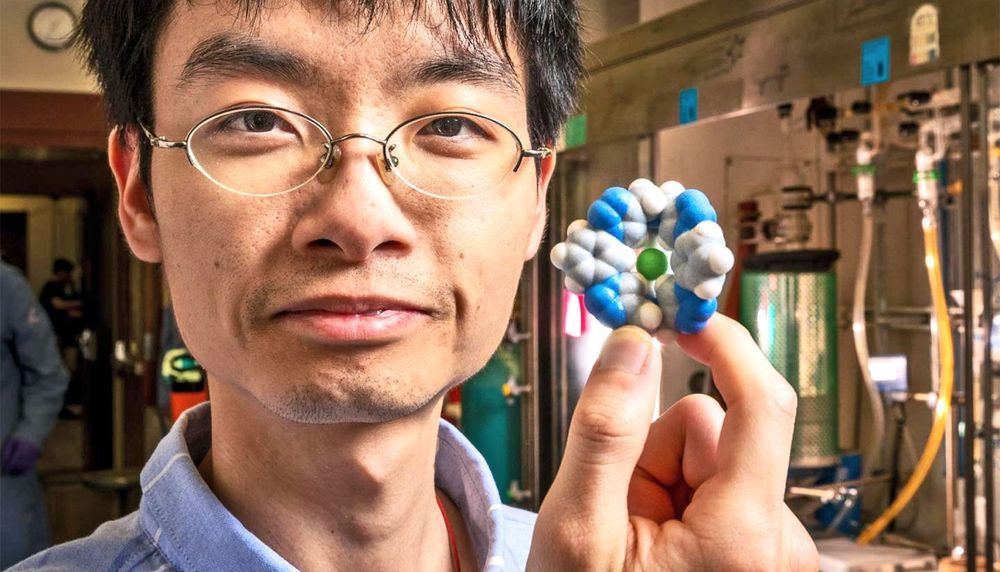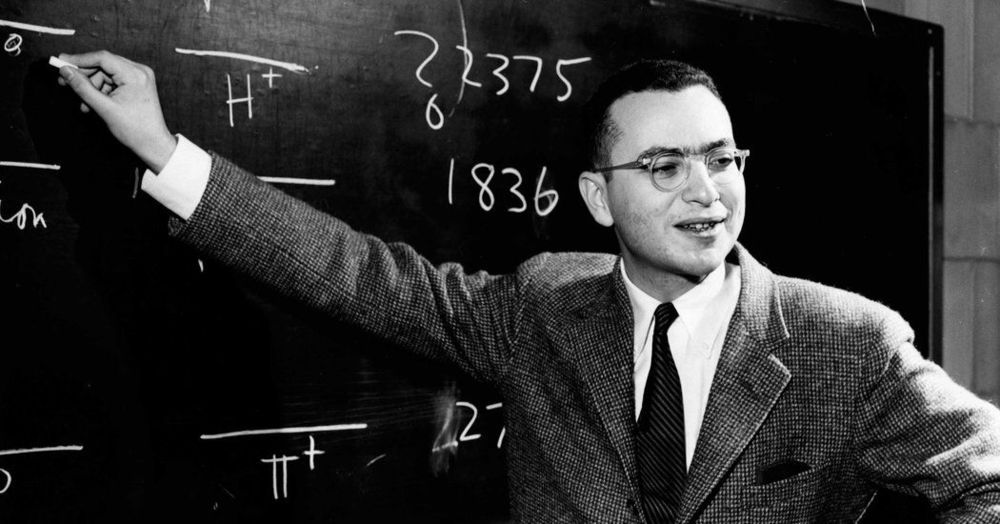Scientists from Ireland and France today [Thursday 23rd May] announced a major new finding about how matter behaves in the extreme conditions of the Sun’s atmosphere.
The scientists used large radio telescopes and ultraviolet cameras on a NASA spacecraft to better understand the exotic but poorly understood “fourth state of matter”. Known as plasma, this matter could hold the key to developing safe, clean and efficient nuclear energy generators on Earth. The scientists published their findings in the leading international journal Nature Communications.
Most of the matter we encounter in our everyday lives comes in the form of solid, liquid or gas, but the majority of the Universe is composed of plasma — a highly unstable and electrically charged fluid. The Sun is also made up of this plasma.









